The Core Ultra chips, built on a 7-nanometer (nm) process, are said to offer more powerful gaming and extra graphics power that can speed up programs like Adobe Premier by up to 40 percent. The lineup debuted in laptops in stores starting Dec. 14.
The Core Ultra isn’t designed to run chatbots like ChatGPT without an internet connection, but it can handle smaller tasks like the “blur background” feature on Zoom. Built using the company’s 7nm process, the chip is said to be more power efficient than previous chips.
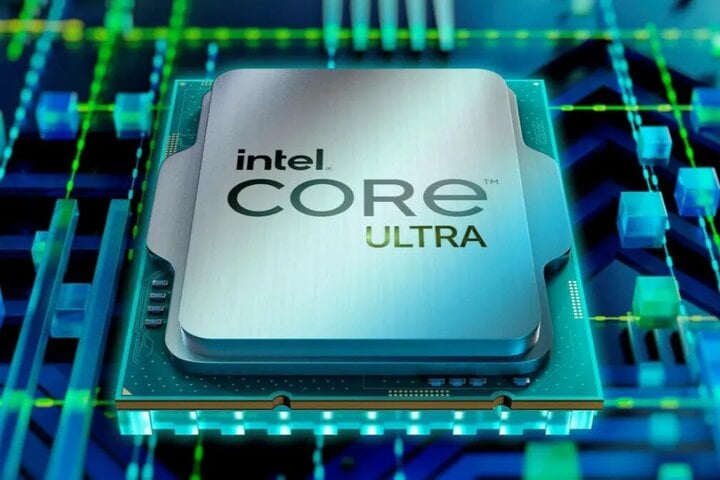
Core Ultra marks a new era for Intel's chip lines.
The 7nm process also shows that CEO Pat Gelsinger's strategy to catch up with TSMC in chip manufacturing capacity by 2026 is not falling behind.
Meanwhile, Intel's fifth-generation Xeon processors power servers deployed by large organizations such as cloud businesses. Intel did not announce detailed pricing, but previous generations of Xeons cost thousands of dollars.
Intel's Xeon processors are often paired with Nvidia GPUs in systems used for training and deploying generative AI, for example one or two Xeno CPUs can be paired with eight Nvidia GPUs for the best performance.
Intel says its latest Xeon processors will be particularly efficient for inference or AI model deployment — processes that typically require less power than training.
Both Core Ultra and Xeon include a dedicated AI unit called an NPU that can be used to run AI programs faster.
Intel is also heating up the AI chip race, with Gaudi 3, an AI chip dedicated to generative AI software, to compete with Nvidia and AMD next year.
Currently, the most popular AI models, such as OpenAI’s ChatGPT, run on Nvidia GPUs in the cloud, which is why close rivals like AMD and Intel are scrambling to launch new chips to attract customers.
Observers say Gaudi3 will compete directly with Nvidia's H100 - the most popular choice for AI applications - and AMD's upcoming MI300X (expected to ship in 2024).
Intel has been building the Gaudi chip since 2019, when it acquired a chip developer called Habana Labs.
“Generative AI is the star of 2023,” said CEO Pat Gelsinger at Intel’s new product launch event. “2024 will be the year of AI on the PC.”
Observers say that Intel's chip launch this time shows that traditional microprocessor manufacturers, including Intel rivals AMD and Qualcomm, are reorienting their product lines amid rising demand for AI chips due to the explosion of AI models.
The Viet (Source: CNBC)
Source



![[Photo] General Secretary To Lam chairs the Politburo's working session with the Standing Committee of the National Assembly Party Committee](https://vphoto.vietnam.vn/thumb/1200x675/vietnam/resource/IMAGE/2025/9/11/e2033912ce7a4251baba705afb4d413c)
![[Ảnh] Chủ tịch nước Lương Cường tiếp Bộ trưởng Quốc phòng Thổ Nhĩ Kỳ Yasar Guler](https://vphoto.vietnam.vn/thumb/1200x675/vietnam/resource/IMAGE/2025/9/11/7f1882ca40ac40118f3c417c802a80da)










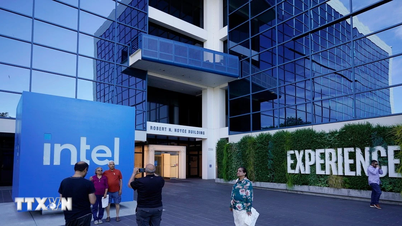










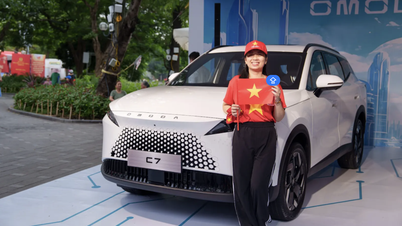


































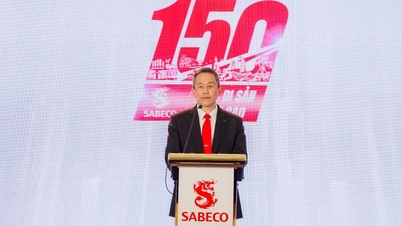












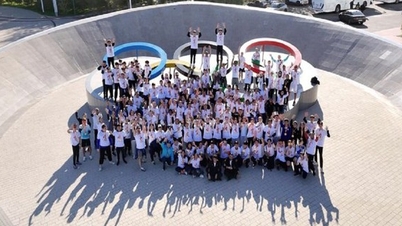
























Comment (0)